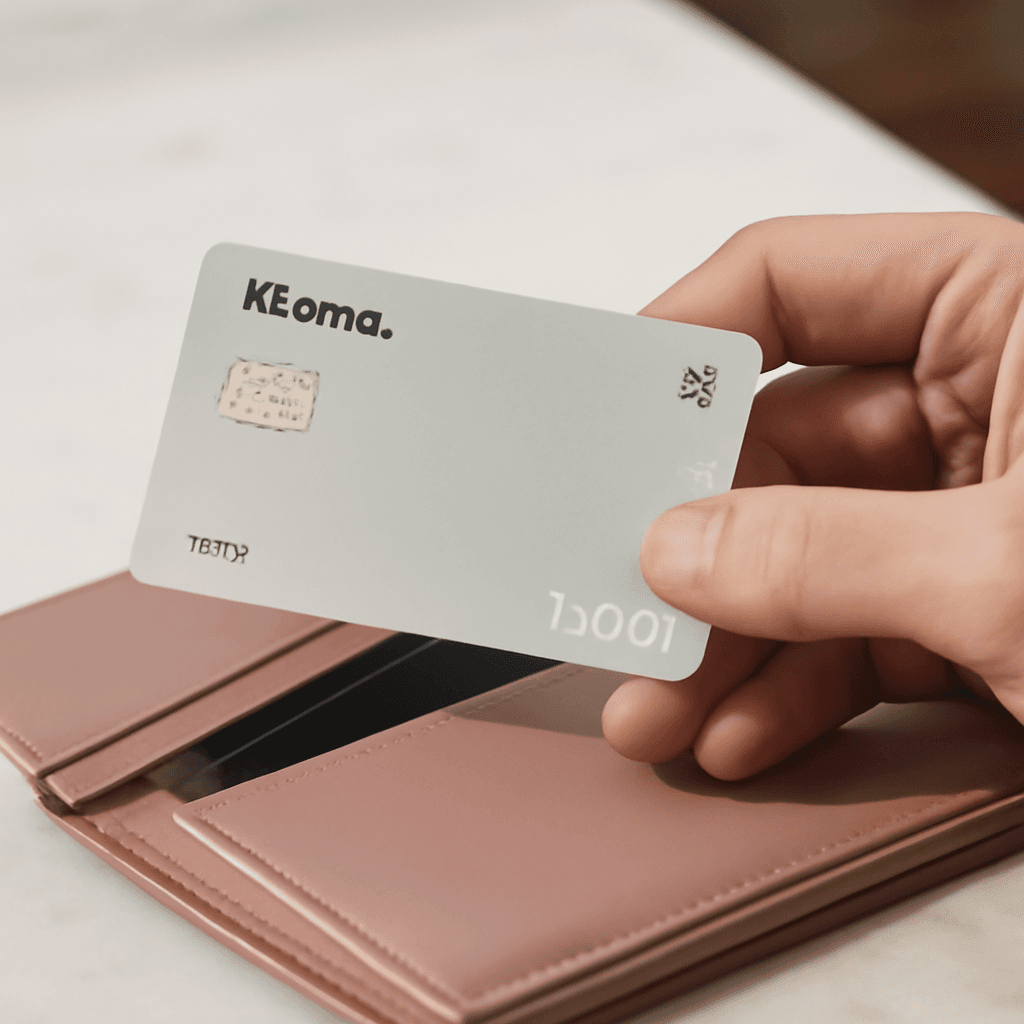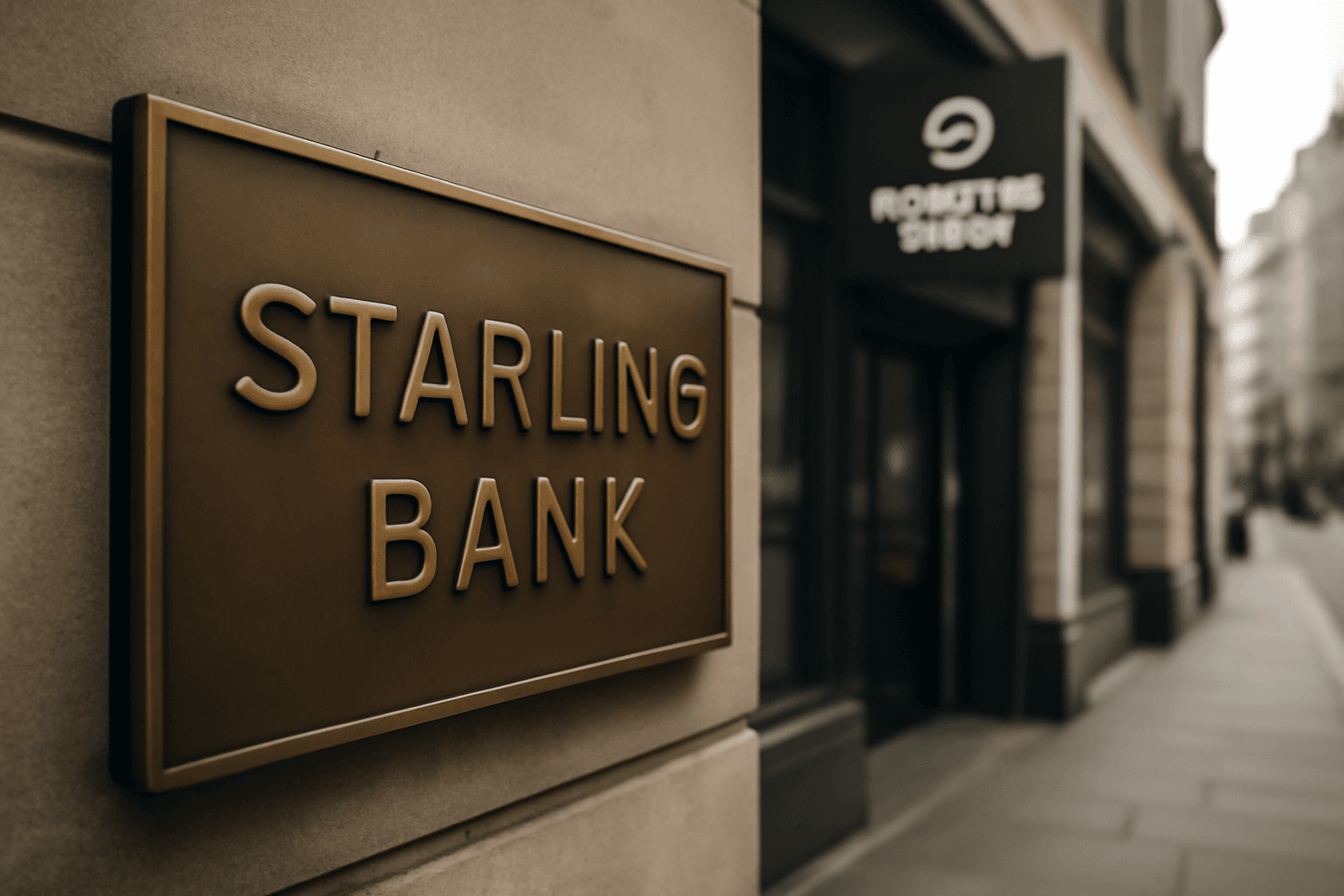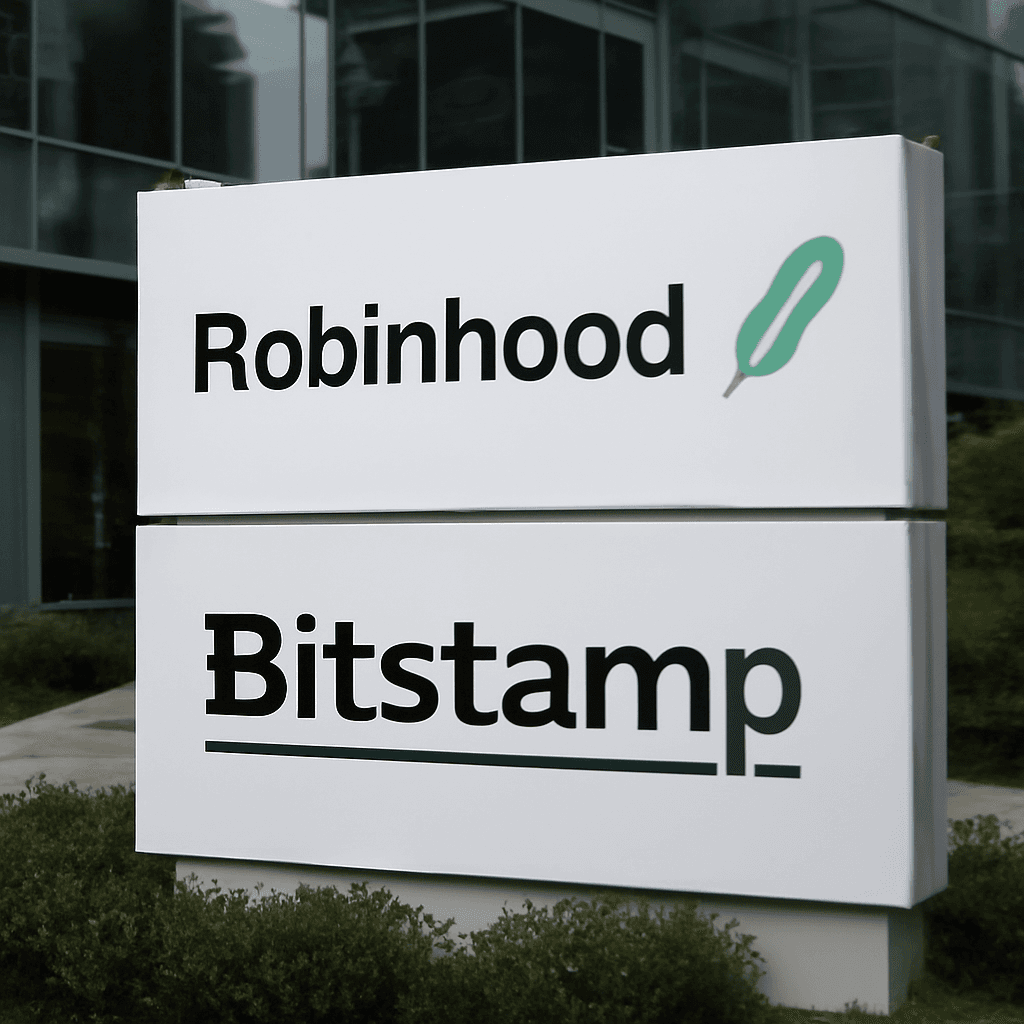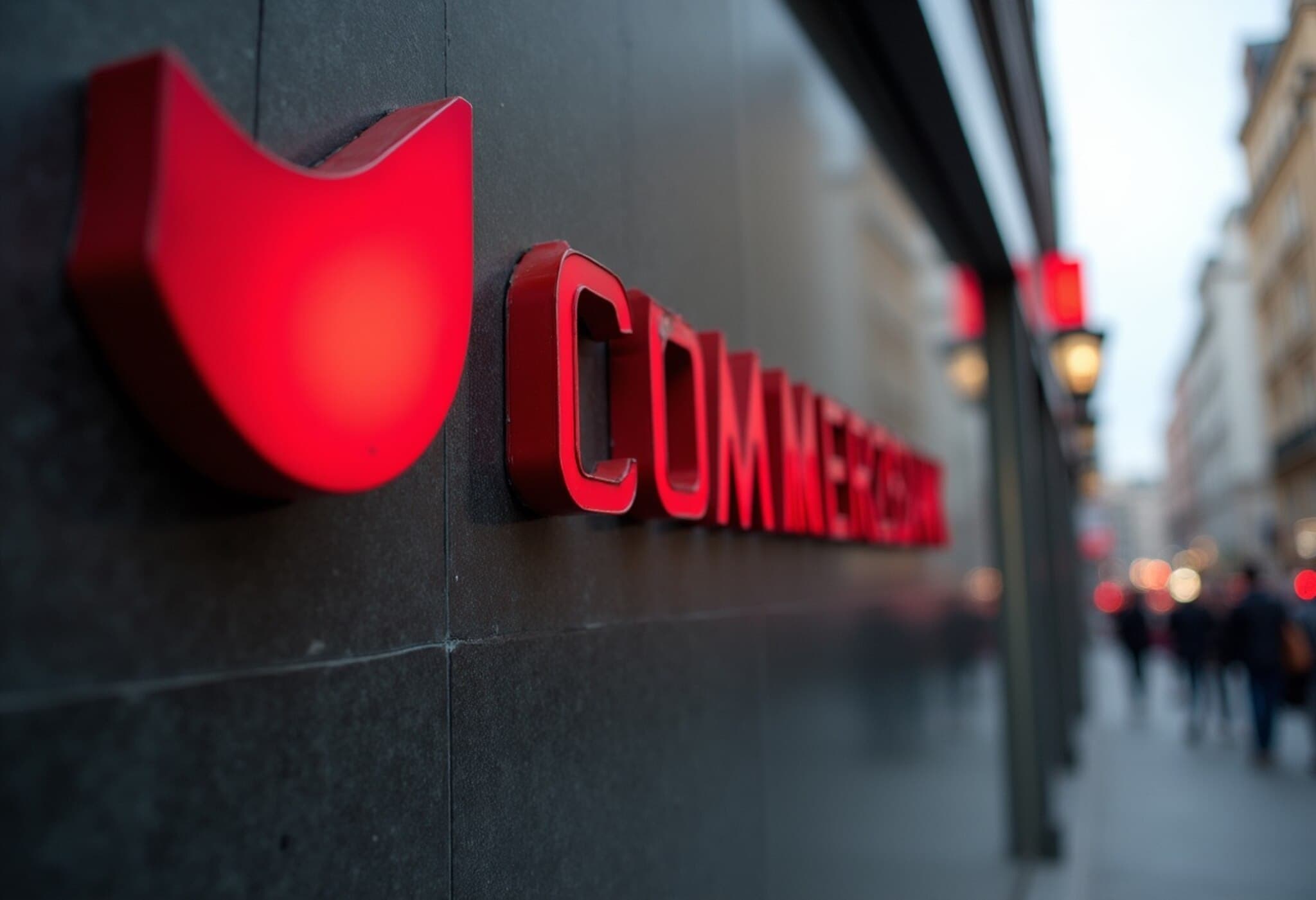Klarna Introduces Debit Card to Broaden Financial Services
Swedish fintech company Klarna, prominently recognized for its "buy now, pay later" (BNPL) offerings, has announced the launch of its new product, the Klarna Card. This debit card is currently being piloted with select users in the United States, with plans for a broader rollout across the country and a subsequent launch in Europe later this year.
Diversification Strategy Beyond BNPL
Klarna is actively redefining its brand identity from being known solely as a BNPL service provider to an all-encompassing financial player. The BNPL model allows consumers to make purchases with deferred or installment payments that are often interest-free. However, Klarna aims to position itself more broadly in the banking and payments landscape.
According to Klarna's CEO Sebastian Siemiatkowski, the company envisions its services extending beyond BNPL, adopting features akin to PayPal's wallet experience and offering neobanking solutions. Despite its significant presence in the BNPL space, Klarna acknowledges the need to expand consumer perception towards a multi-service financial platform.
Features of the Klarna Card
The Klarna Card functions as a debit card backed by Visa Flexible Credential technology, allowing users to access multiple funding sources through a single card. This includes traditional debit funding as well as Klarna's BNPL options such as "Pay in 4" and "Pay in 30 Days."
Additionally, the Klarna Card account supports Federal Deposit Insurance Corporation (FDIC)-insured deposits and enables withdrawal capabilities, providing customers with banking functionalities similar to conventional checking accounts offered by established banks.
Competitive Landscape and Licensing
The U.S. consumer banking sector is highly competitive, dominated by major banks and respected fintech challengers like Chime, which have attracted a large user base. While Klarna holds a full banking license within the European Union, it does not possess its own banking license in the U.S.
To address this, Klarna partners with WebBank, a smaller financial institution based in Salt Lake City, Utah. This partnership allows Klarna to provide FDIC-insured accounts to its American customers, ensuring regulatory compliance and consumer protection.
Outlook for Klarna’s Expansion
The launch of the Klarna Card reflects the company’s strategic initiative to integrate multiple financial services into a cohesive user experience. By combining debit functionalities with flexible payment options, Klarna seeks to challenge traditional banks and financial service providers, enhancing convenience for existing and new customers globally.
- Current pilot: Klarna Card in the United States
- Future launch: European rollout scheduled for later in 2025
- Key technology: Visa Flexible Credential
- Banking partnership: WebBank for FDIC insurance in the U.S.



















